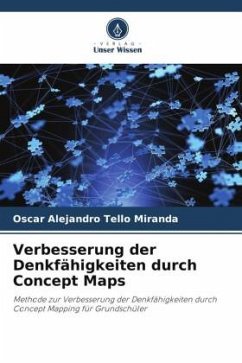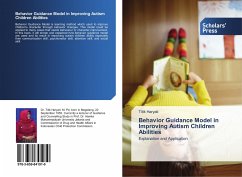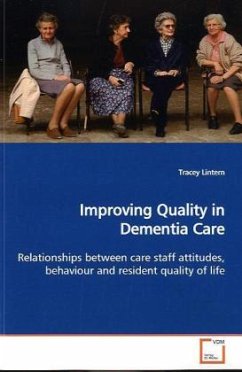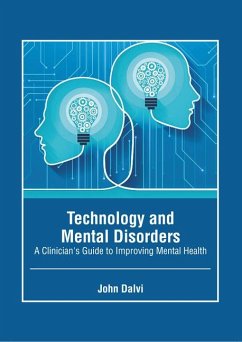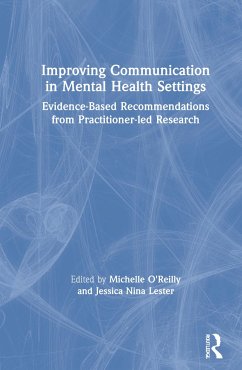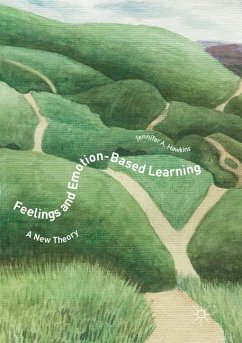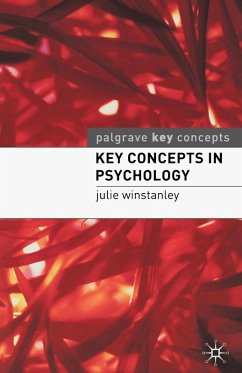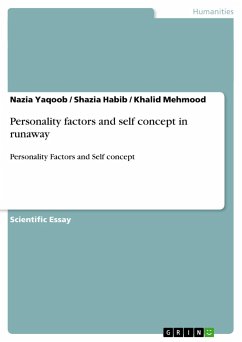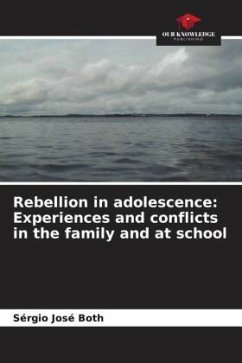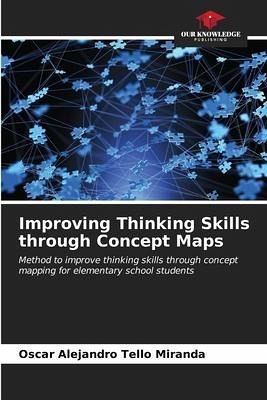
Improving Thinking Skills through Concept Maps
Method to improve thinking skills through concept mapping for elementary school students
Versandkostenfrei!
Versandfertig in 6-10 Tagen
47,99 €
inkl. MwSt.

PAYBACK Punkte
24 °P sammeln!
Thinking skills are nowadays one of the priorities and challenges of education in the context of a constantly changing world. However, their promotion has been restricted to higher educational levels and pigeonholed in the most complex thinking skills, causing students to reach middle-higher and higher education without adequately developed basic thinking skills, which makes it difficult for them to acquire more complex skills. In view of this, this book offers a method to promote basic thinking skills based on the use of concept maps, aimed at the elementary school level. The main skills taug...
Thinking skills are nowadays one of the priorities and challenges of education in the context of a constantly changing world. However, their promotion has been restricted to higher educational levels and pigeonholed in the most complex thinking skills, causing students to reach middle-higher and higher education without adequately developed basic thinking skills, which makes it difficult for them to acquire more complex skills. In view of this, this book offers a method to promote basic thinking skills based on the use of concept maps, aimed at the elementary school level. The main skills taught are the identification of key concepts in school writings, as well as their relationship, classification and hierarchy in concept maps. For this purpose, a manual is provided for teachers, psychologists and other education professionals, which was tested with sixth graders at the aforementioned level, proving its effectiveness.



